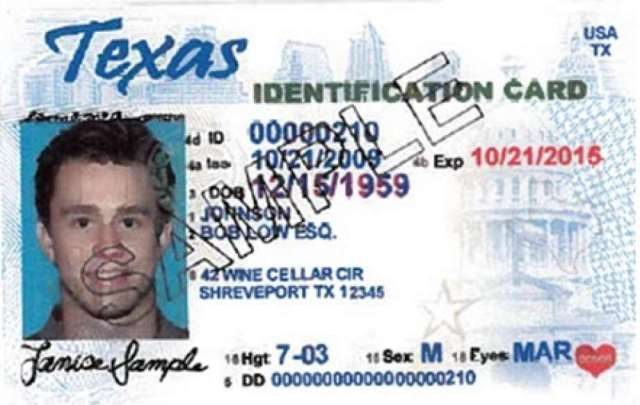The U.S. Supreme Court has declined to hear Texas’ appeal from an adverse ruling in the Texas voter ID case.
The Texas Attorney General said after the U.S. Supreme Court declined on Monday to hear the case, “While we are disappointed that the U.S. Supreme Court did not immediately take our case, Chief Justice Roberts made it very clear that the case will be an even stronger posture for Supreme Court review after further proceedings in lower courts. Texas enacted a common sense voter ID law to safeguard the integrity of our elections, and we will continue to fight for the law in the district court, the Fifth Circuit, and if necessary, the Supreme Court again.”
Breitbart Texas reported the day before the U.S. Supreme Court’s order denying review of the case that a federal magistrate delayed the next hearing in the Texas voter ID case so that the Trump Administration would have time to discuss the case with the government’s lawyers. Federal lawyers filed a motion for continuance on Friday, January 20, asking the court to continue a hearing that had originally been set for January 24.
In an effort to temporarily address the “discriminatory effects” of the law as originally written, the trial court enforced a remedy shortly before the 2016 Election that allowed voters without proper ID to sign affidavits attesting to the reason why they could not obtain one before casting a regular ballot.
Harris County Clerk Stan Stanart, who runs Texas’ largest voting jurisdiction, told Breitbart on Sunday, “The flawed solution pushed by the DOJ that we were forced to use last November allowed hundreds of illegal votes to be cast in Harris County.”
The latest Supreme Court ruling sets the stage for the years-old lawsuit to continue down a track that could take many more months to resolve. The State of Texas is not without other options outside of the courtroom, however. Public Interest Legal Foundation President J. Christian Adams told Breitbart Texas that legislators can take the job of fixing the law into their own hands.
“The Texas Legislature is also free to offer reforms that could serve to fix the ‘discriminatory effects’ of the law. A fix would be easy,” Adams noted.
In July 2016, the U.S. Court of Appeals for the Fifth Circuit found that Texas’ voter ID law had a discriminatory effect under Section 2 of the Voting Rights Act but said the district court erred in finding discriminatory intent, as reported by Breitbart Texas. The 9-6 en banc ruling held that the law did not constitute a poll tax, either. The appellate court remanded the case to the district court to determine if the voter ID provisions were written to be intentionally discriminatory.
The dissents to the opinion encompassed 100 pages. Judge Edith Jones, a Reagan nominated judge, wrote a dissent which was joined by four others. She wrote, “Requiring a voter to verify her identity with a photo ID at the polling place is a reasonable requirement widely supported by Texans of all races and members of the public belonging to both political parties.”
Texas Governor Greg Abbott said immediately after the appellate court decision, “The 5th Circuit rightly reversed the lower court’s finding of discriminatory purpose, but wrongly concluded the law had a discriminatory effect. Voter fraud is real, and it undermines the integrity of the election process.”
Texas Attorney General Ken Paxton responded to the Fifth Circuit’s ruling at the time, “It is imperative that the State government safeguards our elections and ensures the integrity of our democratic process. Preventing voter fraud is essential to accurately reflecting the will of Texas voters during elections, and it is unfortunate that this common-sense law, providing protections against fraud, was not upheld in its entirety.”
The seven acceptable forms of photo ID under the law include the following: a Texas driver’s license; free Texas election identification card (EIC); Texas personal identification card; Texas license to carry a concealed handgun; U.S. military identification card; U.S. citizenship certificate; and a U.S. passport.
Lana Shadwick is a contributing writer and legal analyst for Breitbart Texas. She has served as a prosecutor and associate judge in Texas. Follow her on Twitter @LanaShadwick2.
This article has been updated to reflect additional information.

COMMENTS
Please let us know if you're having issues with commenting.